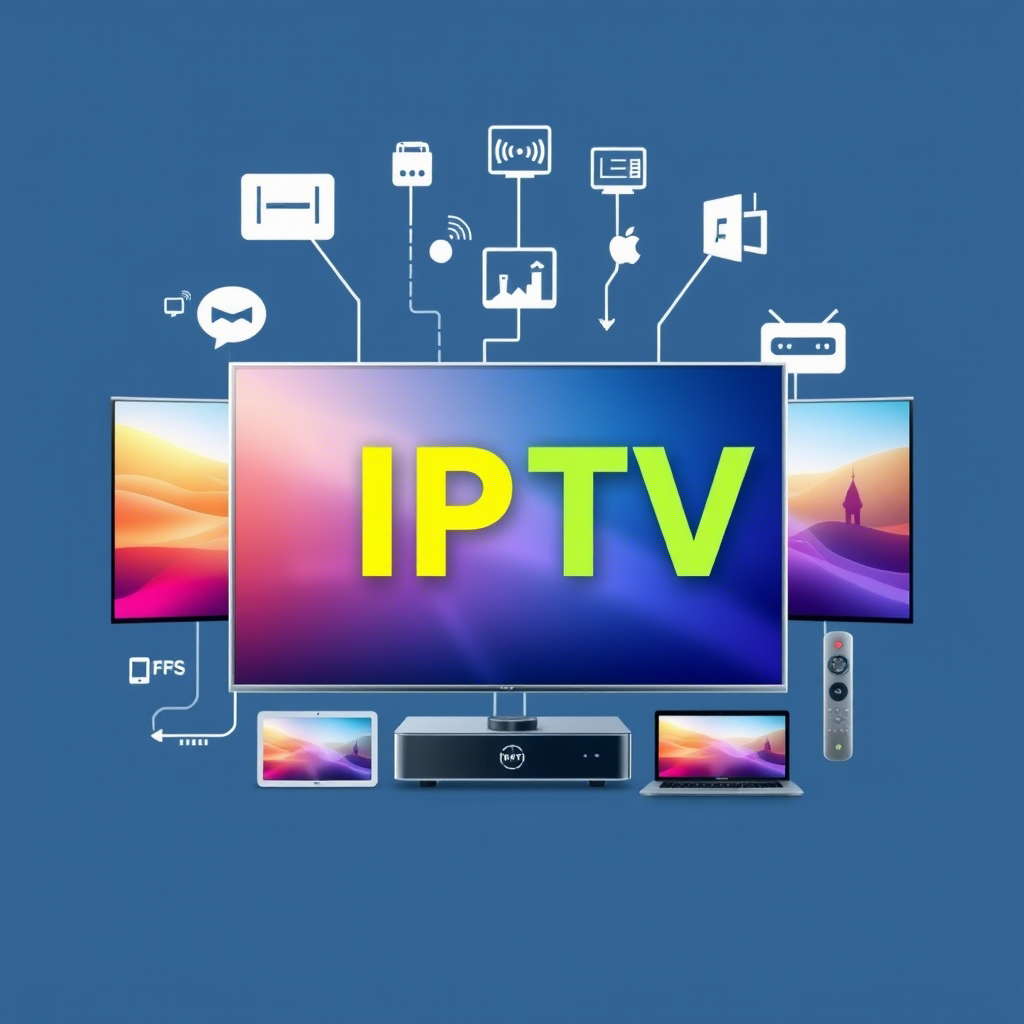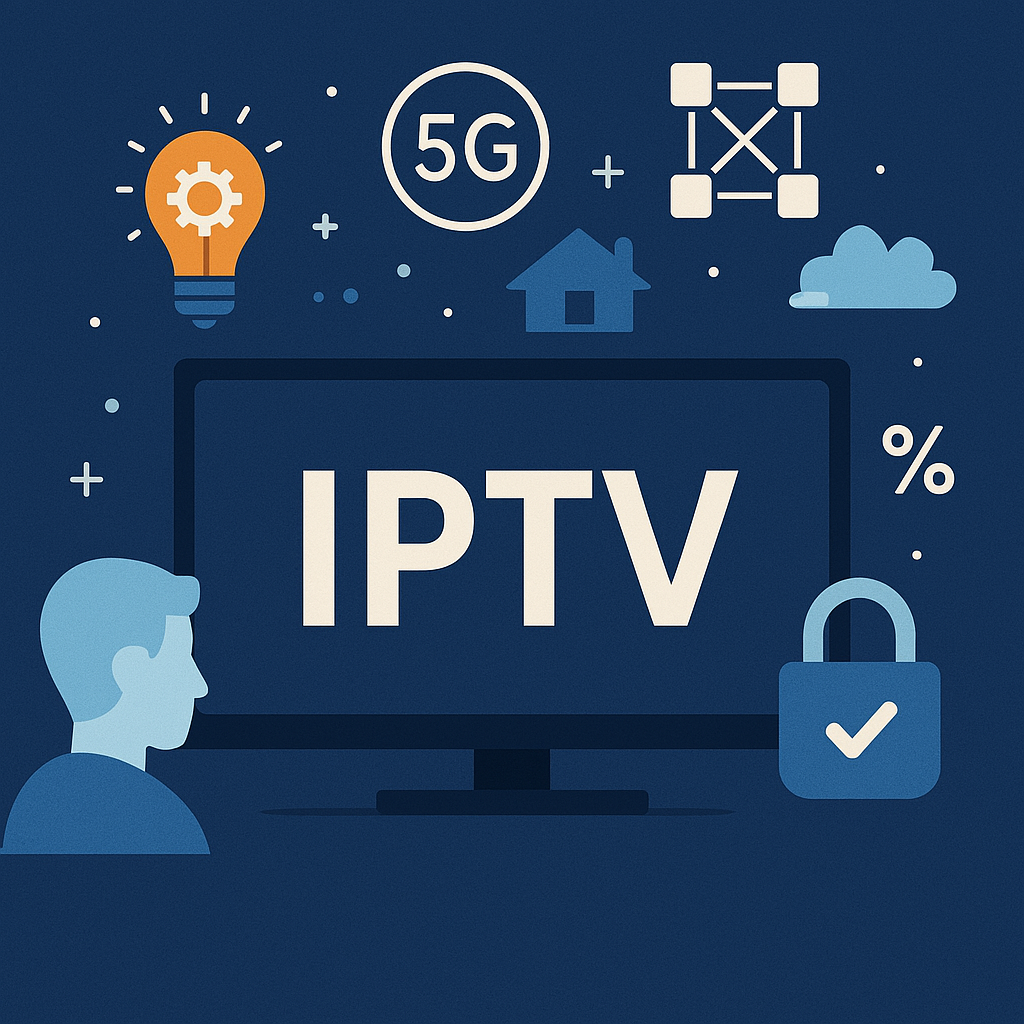From Cable to Cloud: How IPTV Is Transforming the Viewing Experience
Over the past decade, the way we consume television and video content has undergone a massive shift. Traditional cable and satellite services are steadily being replaced by more flexible, internet-based solutions—most notably, IPTV. The End of Traditional Broadcast Models Conventional broadcast models rely on fixed schedules, limited channel packages, and physical infrastructure. This model lacks flexibility and forces viewers into rigid viewing patterns. With IPTV, content is delivered over the internet, enabling users to watch what they want, when they want, on any device. Cloud-Based Delivery and Scalability One of IPTV’s key strengths lies in its cloud-based architecture. By storing and streaming content from the cloud, IPTV providers can scale services easily, offer more storage, enable features like rewind and catch-up TV, and eliminate the need for bulky hardware at home. Multi-Device Streaming and Mobility IPTV empowers users to access their favorite content from smartphones, tablets, smart TVs, and even gaming consoles. Whether you’re at home or on the move, IPTV follows you—making it a truly mobile-friendly solution that fits modern lifestyles. Enhanced User Experience With intuitive interfaces, AI-powered recommendations, and on-demand libraries, IPTV platforms create a user experience that’s light years ahead of traditional TV. Interactivity, voice search, and personalized playlists are becoming the norm. The Future Is Cloud-Native As broadband access becomes faster and more reliable across the globe, cloud-native IPTV platforms will continue to dominate. They offer lower latency, better content management, and smarter analytics for providers, while giving viewers ultimate control and choice. From bulky cables to seamless cloud streaming, IPTV represents the next chapter in media consumption. It’s not just a change in technology—it’s a transformation of the entire viewing experience.
From Cable to Cloud: How IPTV Is Transforming the Viewing Experience Read More »



